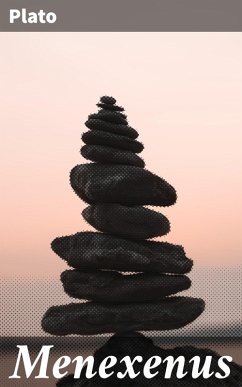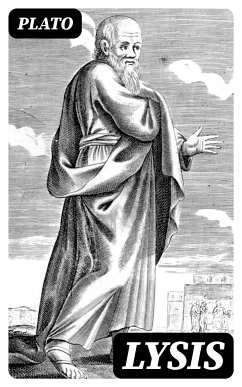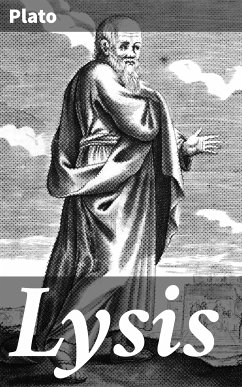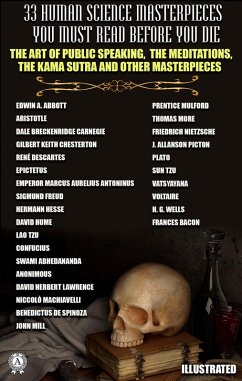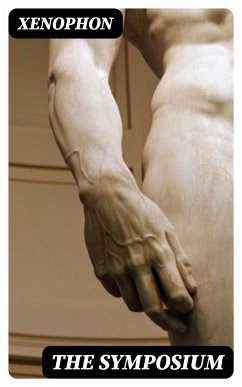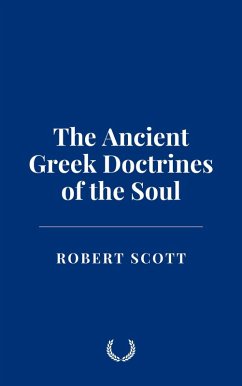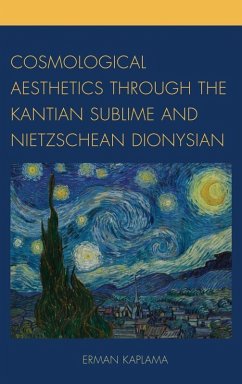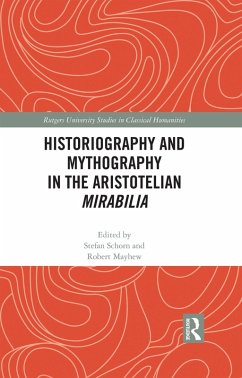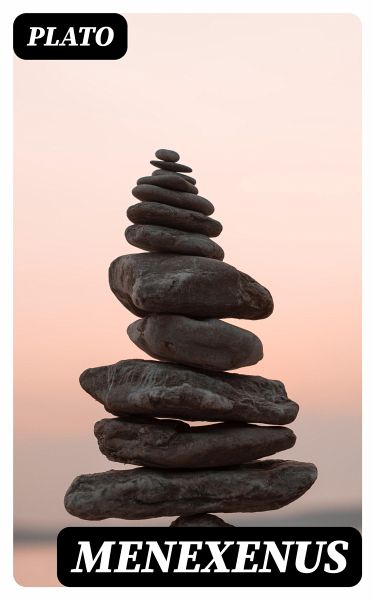
Menexenus (eBook, ePUB)
Versandkostenfrei!
Sofort per Download lieferbar
0,49 €
inkl. MwSt.
Weitere Ausgaben:

PAYBACK Punkte
0 °P sammeln!
In "Menexenus," Plato presents a captivating dialogue that unfolds as a mock funeral oration, showcasing the art of rhetoric and philosophy. Written in a style that blends praise for the Athenian state with a satirical twist, this work is notable for its exploration of themes such as patriotism, civic duty, and the construction of identity through collective memory. The dialogue also serves as an insightful commentary on the role of the philosopher in society, particularly in relation to the oratorical excesses of contemporary rhetoric, reflecting Plato's larger philosophical discourse on trut...
In "Menexenus," Plato presents a captivating dialogue that unfolds as a mock funeral oration, showcasing the art of rhetoric and philosophy. Written in a style that blends praise for the Athenian state with a satirical twist, this work is notable for its exploration of themes such as patriotism, civic duty, and the construction of identity through collective memory. The dialogue also serves as an insightful commentary on the role of the philosopher in society, particularly in relation to the oratorical excesses of contemporary rhetoric, reflecting Plato's larger philosophical discourse on truth and morality. Plato, one of the most influential philosophers in Western thought, was deeply engaged with the political and ethical dilemmas of his time. His experiences during tumultuous periods in Athenian history, including the Peloponnesian War, profoundly shaped his views on governance and the nature of the human soul. "Menexenus" emerges as both a tribute to the fallen and a critique of the glorification of war, illustrating Plato's unique ability to navigate personal and societal themes through dialogue. I highly recommend "Menexenus" to readers interested in the intersection of philosophy, politics, and rhetoric. This work not only deepens our understanding of Athenian culture but also challenges us to reconsider the narratives we construct about our own civic identities.
Dieser Download kann aus rechtlichen Gründen nur mit Rechnungsadresse in A, B, BG, CY, CZ, D, DK, EW, E, FIN, F, GR, H, IRL, I, LT, L, LR, M, NL, PL, P, R, S, SLO, SK ausgeliefert werden.




